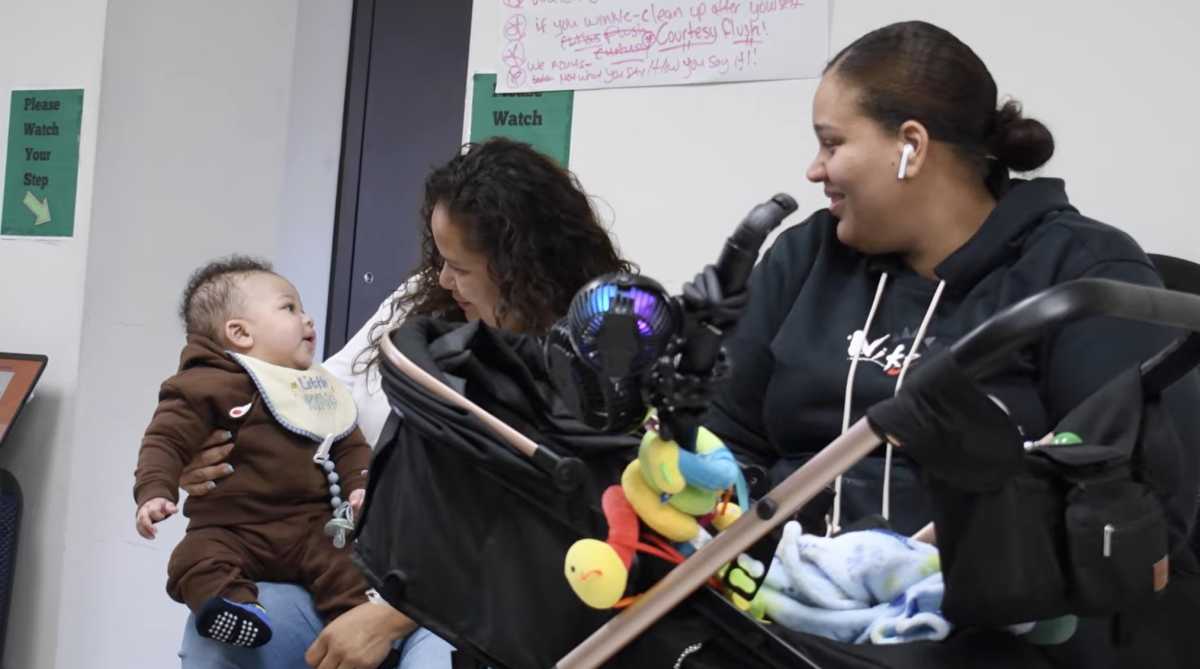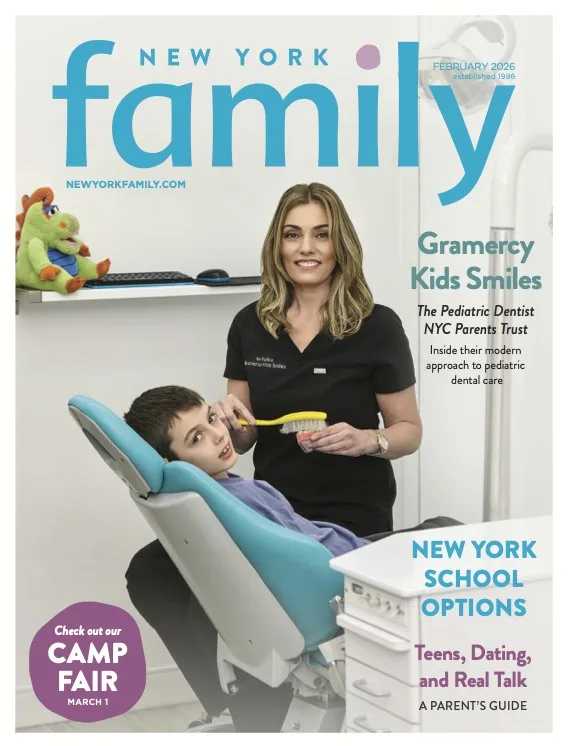Dear parent,
Once school begins, we have five tips that will help make the year a successful one:
• Look at your children’s school work each day, whether it is a picture drawn by a first-grader or a paper written by a high-school sophomore.
• Talk about each school day with your children and share also what your day was like.
• Praise them for real accomplishments and efforts. Meaningless praise does not build children’s self-esteem.
• Be supportive of your children’s teachers and schools. Always consider yourself a partner of their teachers, not an adversary.
• Request conferences with teachers and counselors when trouble begins to appear. Don’t wait for a full-blown problem to occur.
Dear teacher,
Common Core was implemented in my children’s school this past year. How has it changed the curriculum?
Dear parent
Common Core standards are designed to prepare America’s students for college and a career, as well as making sure that all children are literate in the 21st century, in both print and digitally. New York, as well as almost every other state, has adopted these standards, which are for English language arts-literacy and math. The new curriculum supporting these standards was introduced in New York City schools during the past school year. Schools spent time in 2011 to 2013 preparing to enact these standards. In the coming school year, the emphasis will be on reflecting and refining instructional expectations.
You may have noticed in the past school year that the English language arts-literacy curriculum placed a greater emphasis on literacy in history-social studies, science and technical subjects in grades 6-12. And you probably saw your children reading more non-fiction. In addition, the standards required students to read to cite answers, not just rely on their opinions.
Plus your children should have been required to show that they can listen and speak clearly. They also needed to explain concepts and find information primarily from expository texts. And you should have observed more use of the internet.
In mathematics, there was a considerable change. No longer were teachers covering as many topics as possible. Instead, teachers were going into more depth in fewer mathematical areas. The idea is to eliminate content that is not helpful. Having students develop a deeper understanding of basic mathematical principles will help them move on to more advanced mathematical topics. You can see exactly what the new standards include for each grade level (k-12) at www.corestandards.org.
Dear teacher,
How can I help my young children become more creative?
Dear parent,
Fostering creativity in children is important. You do this naturally if you provide them with interesting and challenging materials and opportunities. Plus they need to experience the arts and music. Creativity is also developed through giving children free time for unstructured play and limiting time spent watching TV or playing electronic games.
The following activities will encourage creativity in young children:
• Give them an ordinary household item such as a stick, paper clip or bottle, and ask them to imagine other ways that it can be used. For example, a plastic bottle could be a vase, a bowling pin or a terrarium.
• Drawing is another way to enhance creativity. Draw a straight or curvy line on a piece of paper and have your children turn it into a familiar object. Or give them a page of circles drawn to different sizes. Have the children see how many objects can be depicted by adding elements to each circle.
Dear teacher,
I’m not sure that my children are really reading on grade level, even though their teachers say they are. Is there any way that I can measure their reading level?
Dear parent,
Teachers may or may not be able to give you an accurate picture of your children’s true reading levels, as they as well as school districts often have different grade level standards. You can find many websites online that offer tests to determine children’s reading levels. One of the most accurate and simple tests for good and poor readers is the San Diego Quick Assessment. You can find it on our dearteacher.com website right on our home page. Remember, bright children should usually be reading above grade level. And do keep up with your children’s progress in reading by using the reading assessment test at the beginning, middle and end of the school year.
Dear teacher,
What is the best way to read a wordless picture book with my 4-year-old daughter?
Dear parent,
One of the best ways is to begin the book by looking at its cover. Tell your child the name of the story. Then go through the book looking at the pictures together. Do talk about what you both see in each illustration. The next step is to go back through the book telling the child a story about the pictures. Often after turning a few pages, your young daughter will just take off “reading” the book to you from what she sees.
Parents should send questions and comments to dearteacher@dearteacher.com or ask them on the columnists’ website at www.dearteacher.com.
©Compass Syndicate Corporation, 2014.
Distributed by King Features Syndicate.













